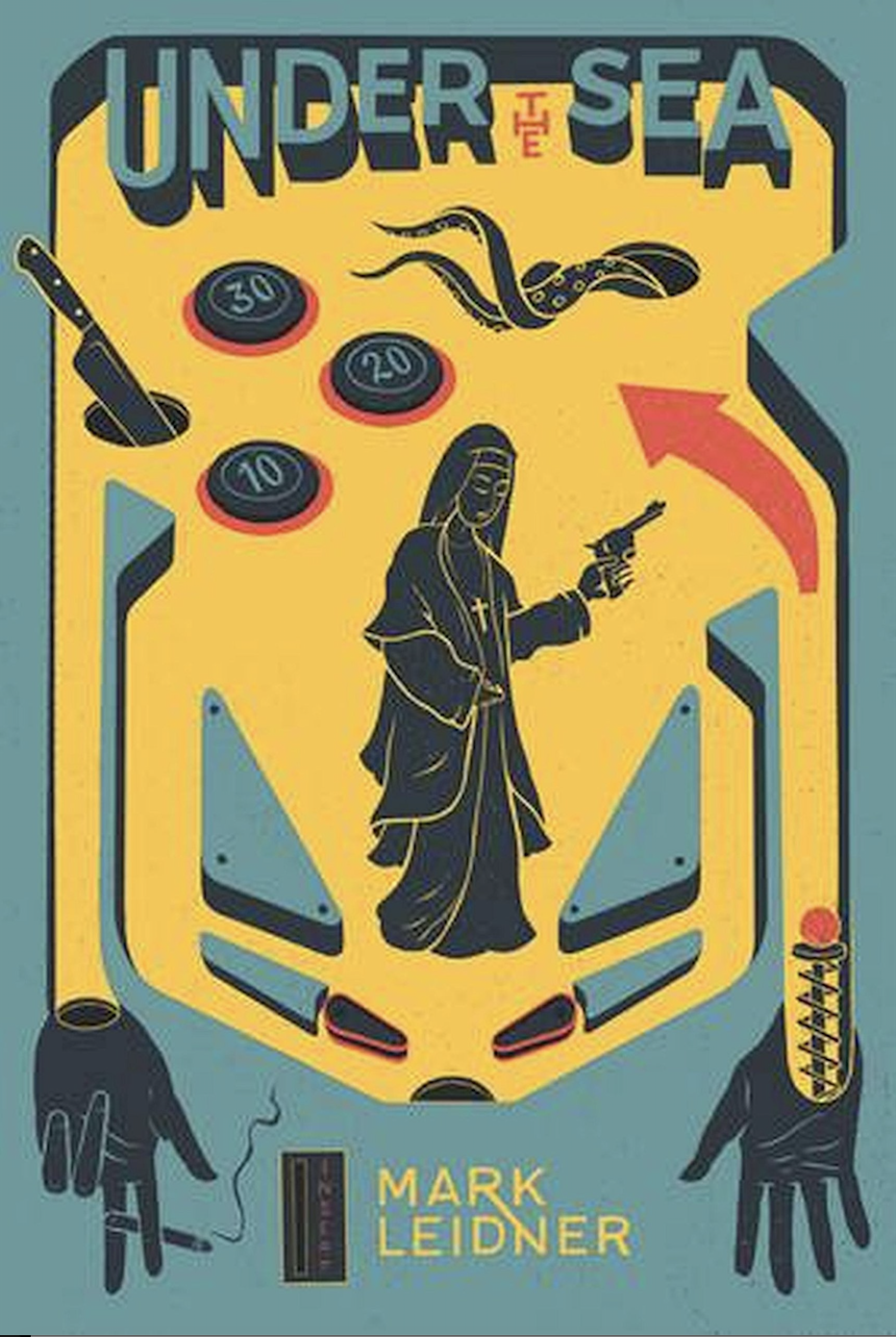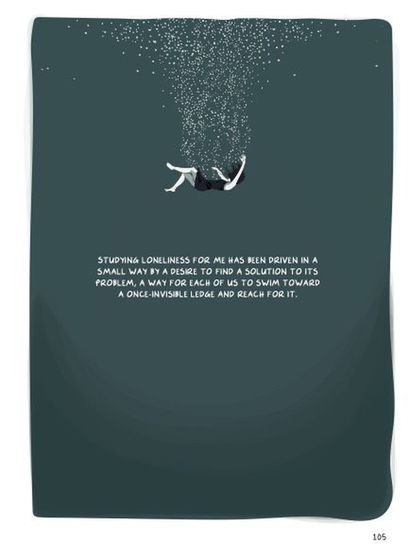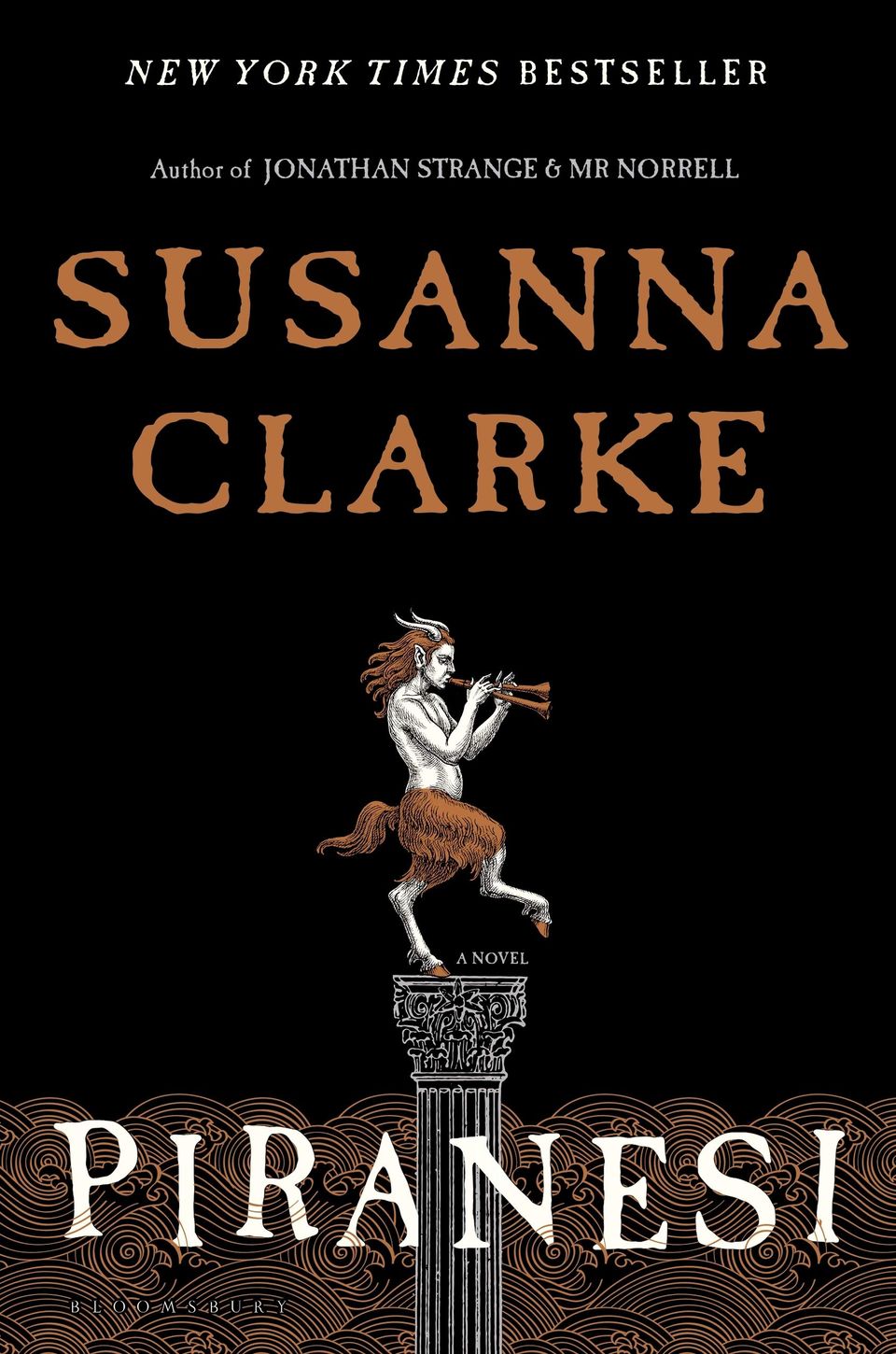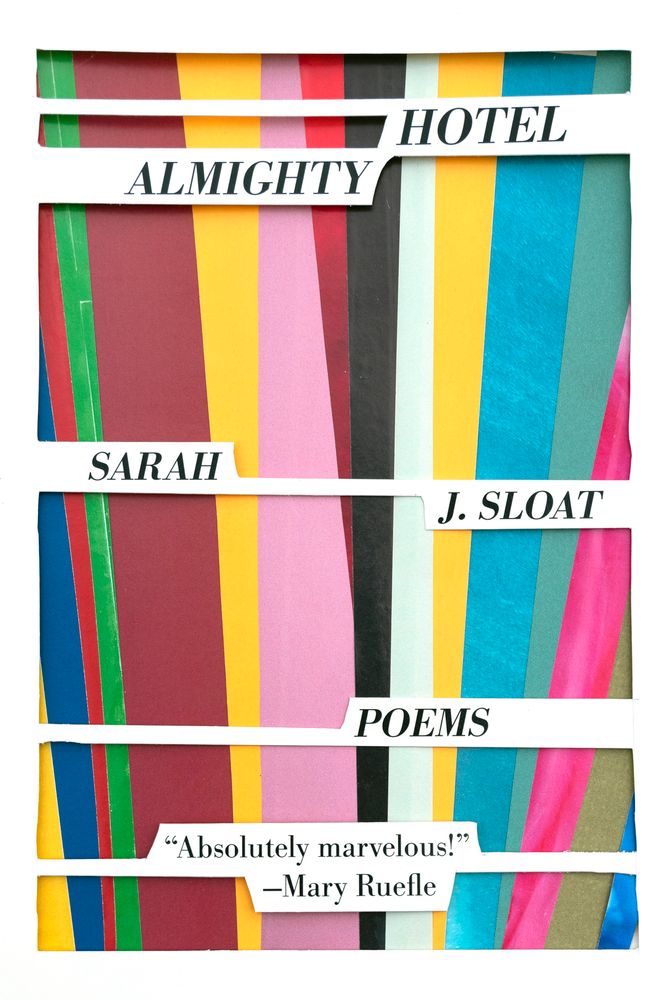It’s ridiculous to point this out, but the synopsis on the back of Mark Leidner’s new short-story collection, Under the Sea, gives a dependable taste of the book as a whole: “Blending absurdity and realism, meaning and banality, and love and death in equal measure, each tale weaves a portrait of our world that will leave readers thinking two things simultaneously: Oh the horror! Oh the beauty!”
Truly. These non-conformist stories ever vacillate between such binaries, excavating subtle but hard-won gems of meaning among the infinite meanings that might exist in between. Where that playful synopsis lands, though, one has the feeling that the careful seriousness of the preceding clauses was all for the joy of the joke. This is where Leidner excels, but it is not the only quality that makes Under the Sea such an intriguing, literary page-turner. Elevating empathy with humor—in character or phrasing—allows for many memorable moments.
A phrase that bounced around in my head while reading this collection comes from the French-American conceptual artist Marcel Duchamp, and is often associated with Dadaist elan: “I have forced myself to contradict myself in order to avoid conforming to my own tastes.” The complexity, and potential anarchy, of such a statement would not be lost on Leidner. His stories work back on each other in outrageously surprising turns, yet they never descend into despondency. It’s not a book that skewers with the frightening state of the world; it rather investigates what makes us frightening to ourselves. In this way, Leidner’s learned unpretentiousness is refreshing.
In the first story, “Bad-Asses,” the hardheaded dialogue between two main characters approaches hilarity. “Get the fuck outta my yard before I do come on down there,” hollers Rawls to Casey, one of the supposed bad-asses of the story. At one point, Casey, looking to beat some ass, makes a linguistic slip in his verbal abuse of Rawls: “We all got ends to make,” says Casey. The slip-up is indicative of Liedner’s concern for surprise on the level of language as well as narrative. Indeed, the difference between making and meeting is a central question in this and other stories. April, the would-be weed pushing teenage protagonist who has had her drugs stolen, comes to a stark conclusion toward the story’s end. After a few failed attempts at reacquiring her illicit contraband, she remarks: “If nobody respects you, and only one person loves you, you don’t get shit…So how the hell do you solve that problem? Maybe it was to never let anybody see you coming, not even yourself.”
She would make a fine ready-made sculptor. This attitude, or posture, toward self-determination and chance is amplified in the next story, when two lovers play rock-paper-scissors to either marry or kill each other. But you can’t expect that two given outcomes are the only possible results in a Leidner story.
“21 Extremely Bad Breakups” asks us what agency we have in our romantic relationships or whether internal and external forces invariably work against our capacity to feel happiness. Of course, this internal/external distinction is complicated, as these overlapping vignettes attest. Do we control our own feelings and desires or are they controlled by society? By those we love? Or something else entirely—perhaps an sinister school bus? To what extent can we determine what we want and to what extent is it determined for us, whether by dreams or reality? Is giving up control and agency an authentic response in this overly-determined information age? For all its playfulness and absurdity, which delighted this reader, the stories are shot through with moments of deep insight. Take, for example, this sentence that sets off the break-up seventeen:
The Nurse drives home in the downpour, veering wildly around other cars, enraged one second, bereft the next, disgusted with himself for being such a pushover, furious with the surgeon for prioritizing professional excellence over personal relationships, then veering into admiration for the surgeon for being so good at saving so many hard-to-save lives, then being upset at himself for admiring that quality more than he admires his own self-worth, then being furious with himself for carrying on an unsanctioned workplace relationship.
Many sections of “21 Breakups” culminate in meta-narrative meditations on the meaning of the story. They appear to be sincere, and almost always add a layer of richness and nuance to the text, rather than mere moralizing or anti-moralizing.
Other stories include: the title track which follows a young married woman who has just been diagnosed with a fatal illness; having just one day to live, and trying to avoid reality, she finds herself falling more in love with it. Three ants, with unsayable names—Rxgr-14, Lnzt-16, and Tzara-9—are caught in a love-triangle in “Avern-Y6,” where they share oblique takes on life in a colony and the stringent social immobility they struggle to transcend. The microcosm of the cafe or coffee shop, is scrutinized in “Garbage” by a weather-beaten patron who, reluctantly at first, then wholeheartedly, reprimands some shit-talking teens who are holding up the line for espresso. The collection’s last three stories particularly strike me for their shift toward the acutely personal. “K-4,” is a thoughtful consideration of childhood love and self-awareness, in their simple but far-reaching influences. Next is “The Void,” which contemplates old age by personifying an existential void in a harrowingly visceral lyric marathon of figurative leaps. Finally, we have “Lost in Translation,” a story about an impoverished, hapless translator approaching middle age. There is something compelling about these final stories’ movement and the ways in which aesthetic tastes, contrary to modernist myths of progress, seem to swing back and forth, unqualified even in our most sincere convictions, whereas kindness, and pettiness, remain constant.
Support The Curator by purchasing Under the Sea from our Bookshop.org storefront.
(We earn a commission from any purchases made through these affiliate links, and some of the proceeds will also go to support independent bookstores across the country.)




